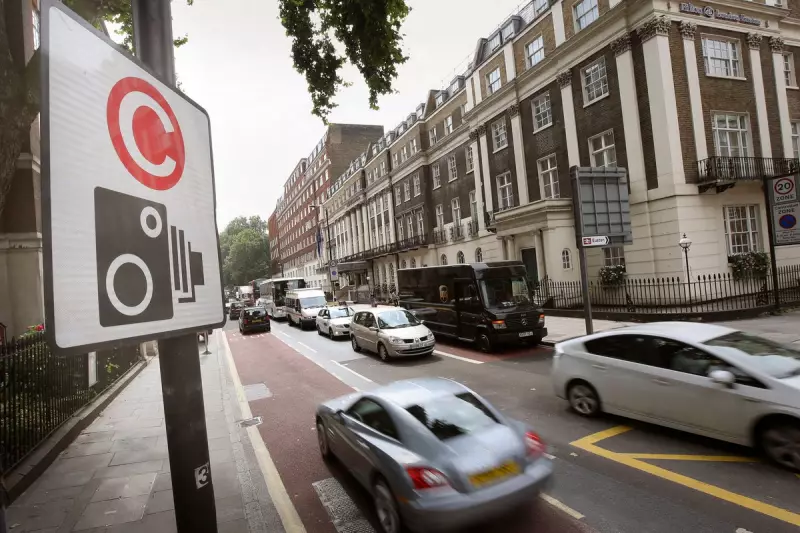
Electric vehicle owners in London will lose their exemption from the capital's Congestion Charge under major reforms announced by Mayor Sadiq Khan. The changes, set to take effect from 2026, mark a significant shift in London's transport policy and will impact thousands of drivers who previously enjoyed free access to the city centre.
New Charging Structure Details
From 2 January 2026, the standard Congestion Charge will increase to £18 per day. Electric cars will receive a 25% discount, reducing their daily charge to £13.50, while electric vans, HGVs and quadricycles will benefit from a 50% discount, paying £9 daily. However, these discounts will only apply to vehicles registered on TfL's Auto Pay system.
The reforms will see the complete removal of the Cleaner Vehicle Discount, which currently allows zero-emission vehicles to avoid the charge entirely. From March 2030, the discounts will be further reduced to just 12.5% for electric cars and 25% for commercial electric vehicles.
Impact on London Residents and Businesses
Residents living within the charging zone who already have the Residents' Discount before 1 March 2027 will maintain their 90% discount regardless of vehicle type. However, new applicants after this date will only qualify for the discount if they drive an electric vehicle.
Low-income and disabled residents can continue applying for the discount irrespective of their vehicle type, though this exemption will only last until March 2030.
Businesses have expressed serious concerns about the additional costs. The Electric London Coalition, representing companies including AA, Openreach and Royal Mail, estimates that professional drivers entering London five days a week could face extra costs of up to £3,000 annually.
Mixed Reactions to the Changes
Mayor Sadiq Khan defended the decision, stating: "Keeping London moving by reducing congestion is vital for our city and for our economy. While the congestion charge has been a huge success since its introduction, we must ensure it stays fit for purpose."
He added: "We must support Londoners and businesses to use more sustainable travel, so I'm pleased that substantial incentives will remain in place for Londoners who switch to cleaner vehicles."
However, AA President Edmund King described the move as "a backward step which sadly will backfire on air quality in London." He warned that "many drivers are not quite ready to make the switch to electric vehicles, so incentives are still needed to help them over the line."
Steve Garelick of the GMB Union London Region called the decision "an affront to working Londoners who answered City Hall's call to go electric." He emphasised that "couriers, private hire drivers, key workers – the people that keep London moving – are being punished for doing the right thing."
Transport for London justifies the changes by pointing to projections showing 2,200 additional vehicles would use the congestion charging zone on average weekdays without intervention. The organisation also highlighted that congestion cost London £3.85 billion in 2024, with EVs expected to comprise 20% of all vehicles in the zone by the end of this year.






